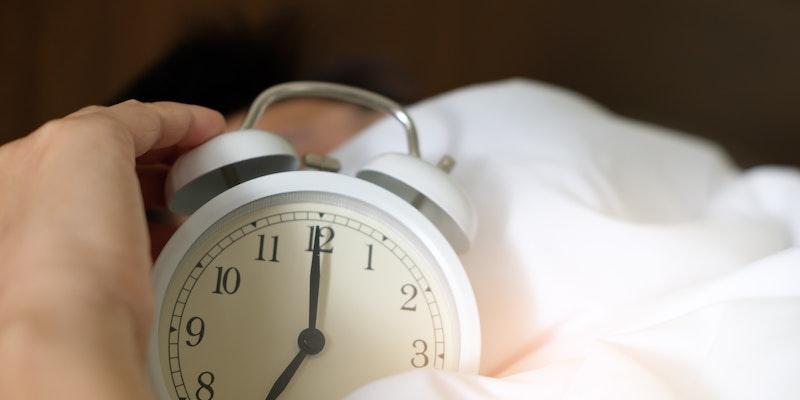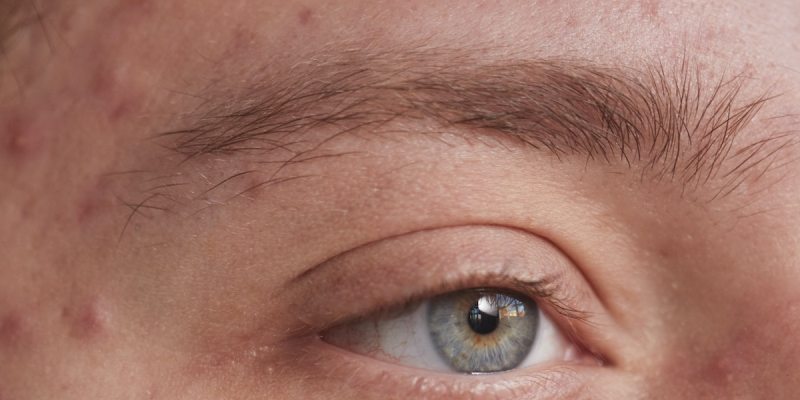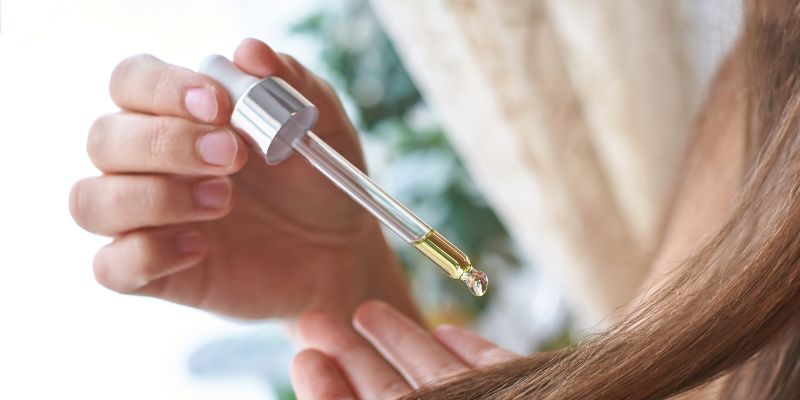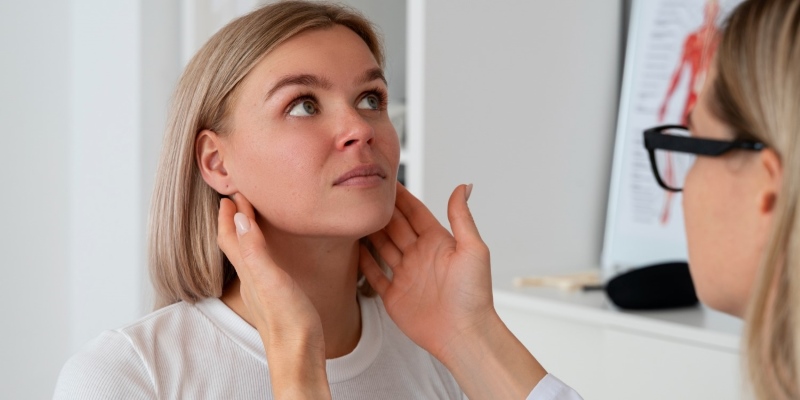The interplay between sleep and substances such as alcohol, nicotine, and coffee has long perplexed and engaged the scientific community. A thorough examination of their impacts reveals intriguing patterns and distinct effects that these substances have on our sleep quality. Notably, nicotine and alcohol have been linked to significant disruptions in sleep, often more so than coffee.
Alcohol and Sleep Deprivation
Engaging in nocturnal sips of alcohol presents a deceptive cradle of comfort, subtly luring one into a state of initial drowsiness. While individuals might perceive alcohol as a sleep inducer, its intricate workings within the central nervous system betray this perception, casting shadows of fragmentation across the sleeper's night.
Observations spotlight alcohol’s capacity to depress the central nervous system, ostensibly easing the journey into sleep by diminishing sleep latency. Yet, the subsequent chapters of the night unfold a divergent story, where alcohol engineers sabotage sleep architecture, precipitating lighter, more fragmented sleep as the night progresses.
In a nuanced spectacle of irony, alcohol suppresses the crucially restorative REM sleep, meddling with the delicate balance and proportion of time dedicated to each sleep stage. Alcohol and sleep deprivation become entwined, partners in a dance that diminishes sleep quality and recuperative power.
The deceptive lure of alcohol extends its reach into habitual use, where individuals, beleaguered by the consequent sleep deprivation, may increasingly seek its false solace, engendering a problematic cycle. Here, alcohol and sleep deprivation conspire in a continual loop, each feeding the other in a mutually destructive alliance.
Nicotine and Sleep
Nicotine, secretly woven into the threads of tobacco, exerts a potent stimulatory force, cunningly veiling its harmful impacts on sleep under a cloak of momentary arousal and focus. The nuanced relationship that intertwines nicotine and sleep extends a pervasive influence over sleep patterns, where its stimulatory nature, particularly when engaged close to bedtime, dilates the threshold to sleep, both elongating sleep onset and truncating overall sleep duration.
Those who welcome nicotine into their nightly rituals often unwittingly trade moments of nocturnal calm for alterations in sleep architecture, witnessing a tangible decline in REM sleep, the sanctuary of emotional regulation and memory consolidation.
The relationship between nicotine and sleep further unveils itself in the frequent nocturnal awakenings and the cloak of insomnia that often shrouds habitual smokers. The nightly dance with nicotine frequently punctuates sleep with awakenings, as nicotine withdrawal silently infiltrates the continuity of sleep, sequestering its quantity and quality.
Thus, the interface between nicotine and rest blossoms into a complex narrative of reciprocal disturbance, demanding intricate decoupling strategies.
Coffee: A Manageable Alliance with Wakefulness

In the vibrant, aromatic swirls of coffee resides caffeine, a stimulant whose relationship with sleep, while potent, typically adheres to a more predictable and navigable script. Caffeine, as it nestles into the adenosine receptors in the brain, temporarily disperses the clouds of sleepiness, shepherding in a transient period of heightened wakefulness and alertness. Yet, while tangible, its reign over the kingdom of arousal is often temporary, particularly when juxtaposed against the more enduring disruptions orchestrated by alcohol and nicotine.
In a comparative lens, while understandable, the disturbances crafted by caffeine often waltz to a shorter, more predictable piece than those sculpted by nicotine and sleep architecture alterations. Mindful and intentional caffeine consumption, underpinned by an awareness of its temporal influence, can often safeguard against its potential to infiltrate and disrupt the sacred sanctuary of sleep, permitting the enjoyment of coffee while maintaining the sanctity of rest.
Genetic and Individual Variability
The interaction between substances like alcohol, nicotine, and caffeine with sleep isn’t universal and can be subject to substantial inter-individual variability, primarily influenced by genetic factors. Genetic markers may make people more susceptible to these substances' sleep-disrupting effects. Some people who drink little have severe sleep disturbances, while others don't.
Similarly, specific individuals metabolize caffeine more rapidly, diminishing its potential to interfere with sleep. Recognizing these genetic variations and their implications is crucial for developing personalized strategies to mitigate substance-induced sleep disturbances.
Strategies for Improvement

To navigate through the disturbances in sleep caused by alcohol and nicotine, embracing behavioral and lifestyle changes can be crucial. Establishing a stable sleep-wake schedule, ensuring a conducive sleep environment, and practicing relaxation techniques can fortify natural sleep patterns against the encroachments of substance use.
For those grappling with the dual challenges of nicotine and sleep disturbances, employing alternatives like nicotine replacement therapy (NRT) during cessation efforts and coupling it with behavioral therapy may offer a supportive pathway toward improved sleep. On the other hand, moderate alcohol users might benefit from establishing "drink-free" days and avoiding alcohol close to bedtime to safeguard their sleep.
Simultaneously, it is imperative to foster awareness regarding the combinatorial effects of sleeping pills and alcohol, educating individuals about the hazards of combining sedative substances. Practical interventions may involve:
- Structured sleep hygiene education.
- Cognitive-behavioral therapy for insomnia (CBT-I).
- Exploring non-pharmacological alternatives for sleep enhancement.
Long-term Consequences
The persistent interference of alcohol and nicotine with sleep extends beyond transient disturbances and can usher in a cascade of long-term consequences. Chronic sleep disruption, propelled by sustained alcohol and nicotine use, can precipitate various health issues, including cardiovascular disease, metabolic dysregulations, impaired immune function, and compromised mental health.
Moreover, the cyclic association between alcohol and sleep deprivation could spiral into misuse or dependency patterns, further entrenching sleep issues.
Conclusion
Both alcohol and nicotine establish a far more disruptive and pervasive influence on sleep than coffee due to their impact on sleep architecture and the bi-directional relationships that can develop between these substances and sleep disturbances.
The coupling of alcohol and sleep deprivation and the intersection between nicotine and sleep shape complex patterns that can lead to sustained sleep quality and quantity issues. Meanwhile, when consumed judiciously, coffee tends to have a milder, more manageable impact, potentially allowing individuals to enjoy it with minimal detriment to their sleep.




